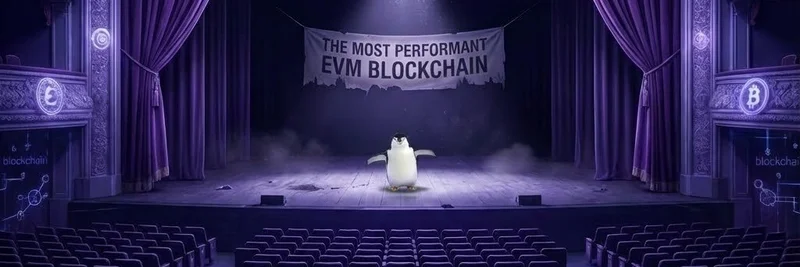In the fast-paced world of cryptocurrency, especially within the meme token ecosystem, mistakes aren't just inevitable—they're essential. A recent tweet from Nico (@nicodotfun) on X captures this sentiment perfectly, highlighting how setbacks in projects like launchpads or token launches contribute to the overall evolution of the space. As someone who's navigated the highs and lows of crypto journalism and now dives deep into meme tokens at Meme Insider, I can attest that embracing errors is key to building resilient communities and innovative projects.
Nico's tweet emphasizes that "all the mistakes made by various founders in the space... is all feedback and experience gained for the space as a whole." Check out the full tweet here. This rings especially true for meme tokens, where hype can skyrocket a project overnight, but poor execution—think flawed smart contracts, mismanaged liquidity, or overhyped marketing—can lead to dramatic price drops. But as Nico points out, "price going down is a feature not a bug." It's a chance to learn, adapt, and improve.
For those new to the term, meme tokens are cryptocurrencies inspired by internet memes, jokes, or cultural phenomena, like Dogecoin or newer ones such as PEPE. They're often community-driven, with little intrinsic value beyond viral appeal. Founders in this niche face unique challenges: balancing fun with functionality, managing rug pull risks (where developers abandon a project after raising funds), and fostering genuine engagement amid speculation.
The feedback loop Nico describes is the real powerhouse. When a founder stumbles—say, by launching a token with vulnerabilities that lead to exploits—the community provides instant, often brutal, feedback via social media, forums like Reddit, or Discord channels. True believers stick around, testing their faith, while fair-weather fans bail. This weeds out the weak and forges stronger bonds. In my experience covering blockchain at CoinDesk, I've seen projects like certain DeFi protocols rebound from hacks by transparently addressing issues, ultimately emerging more secure and trusted.
Nico wraps it up by noting this is "the nature of crypto, business, investing and life as a whole." Indeed, in meme tokens, where volatility is the norm, viewing downturns as opportunities can reward patient investors. For instance, communities around tokens like SHIB have endured dips but grown through shared learning and adaptations, such as integrating utilities like staking or NFTs.
The tweet sparked quick agreements from the community. One reply echoed, "true words, mistakes = experience = improvement (if you're ready to learn ofc)," underscoring the importance of a growth mindset. Another in Chinese stated, "失败是成功之母,经验铸就辉煌," translating to "failure is the mother of success, experience forges glory." Even simple affirmations like "Mistakes make us stronger" highlight a universal truth resonating across languages and cultures.
At Meme Insider, we see this philosophy in action daily. Meme token founders who iterate based on past errors—refining tokenomics (the economic model of a token), enhancing transparency, or building better governance—often see their projects thrive. If you're a blockchain practitioner dipping into memes, remember: every rug, dump, or failed hype is data. Use it to enhance your strategies, whether trading, investing, or launching your own token.
In essence, the crypto space, much like life, rewards those who learn from missteps. By turning feedback into fuel, founders and communities not only survive but dominate. Stay tuned to Meme Insider for more insights on navigating the meme token landscape—where mistakes today pave the way for moonshots tomorrow.

